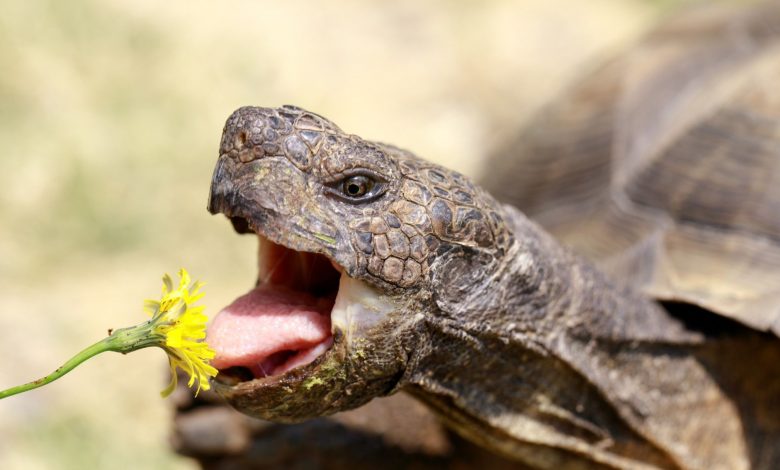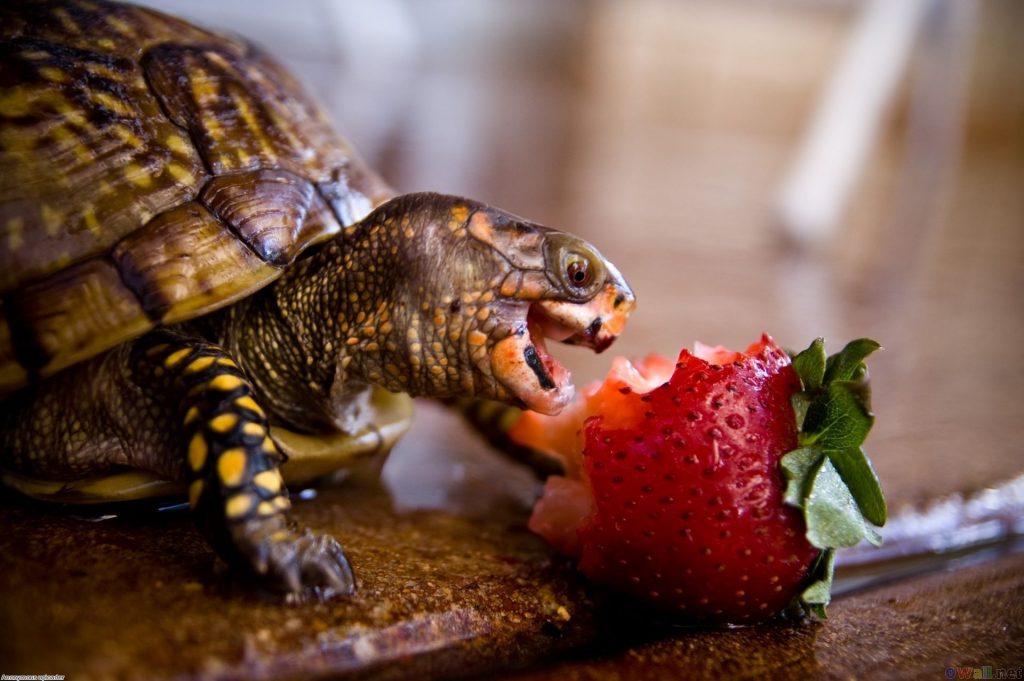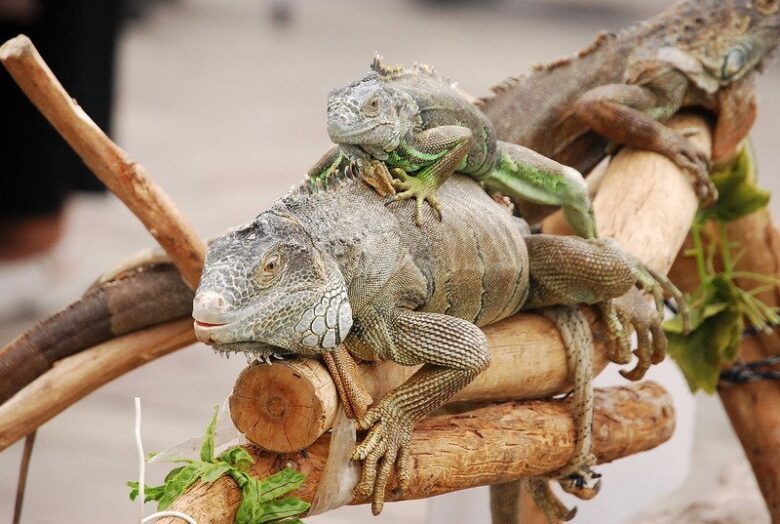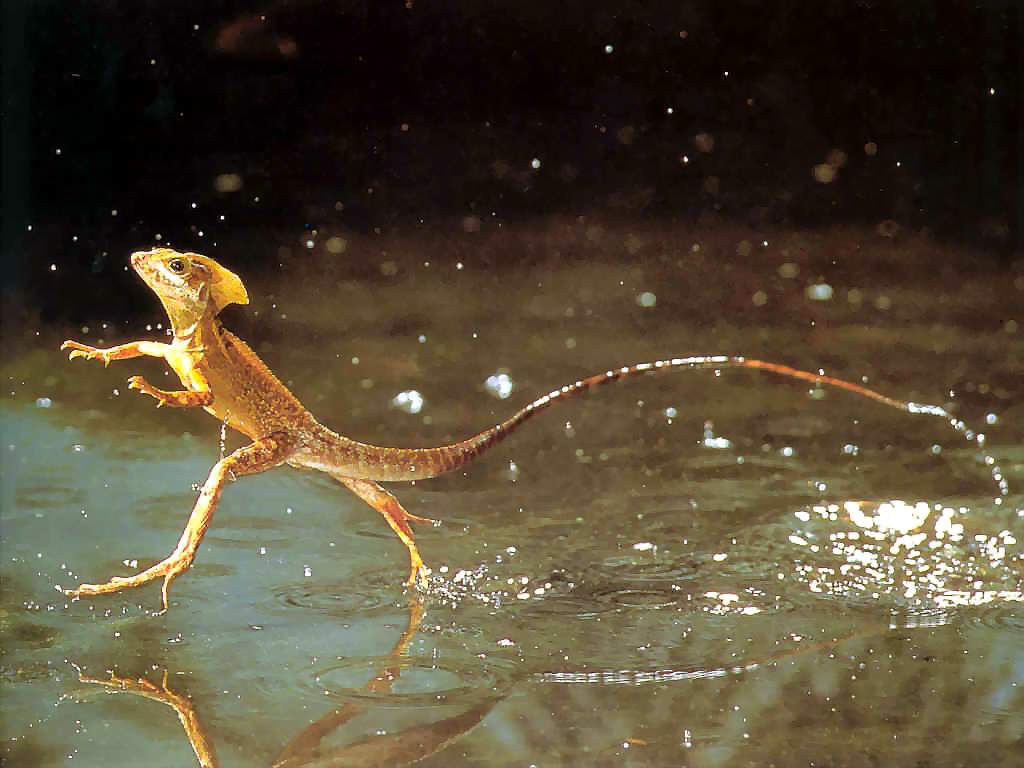
The 5 elements that are absolutely required to build a healthy and balanced diet for your pet reptile are revealed in this article.
Food is sustenance. Proper nourishment is essential for the well-being of every living organism. If you are planning to get a reptile as a pet, you need to be informed about their required diets in order to look after them properly.
A good starting point is learning about their food habits. While it is fairly obvious that each species has some specific dietary requirements, a few constituents are common among all of them. Read on to become familiar with the diet basics of these scaly creatures.
1. Carbohydrates For Energy

Carbs provide energy. One of the main reasons we require food in the first place is because there is a demand for energy in our bodies. The same applies to reptiles as well. You may be wondering that a slow reptile like a tortoise probably does not need energy. But, it does! When young and growing, reptiles are more active. To sustain this activeness, more energy is required. When they are pregnant, they need energy supply for more than just themself and thus need more carbohydrates.
Then again, you have to keep in mind that in the same way, an excess of carbs is not good for a reptile either. When there is an extra intake of carbs, the energy is stored as fat and may lead to obesity. Yes, animals can become obese too! You have to try your best to help your reptile maintain a healthy weight.
2. Nibbles and Titbits: For that Extra Touch of Nourishment

Every once in a while, reptile pet owners should allow their babies some treats and snacks such as some veggies or fruit. You should bear in mind that their diet must not contain more than 20% veggies or 5% fruits. This ratio must be maintained if possible. It is not only amusing to watch your reptile munch on a little snack, but it is also nutritious for them.
However, fruits containing citric acid, such as oranges, must be avoided since they may lead to diarrhea. Vegetables with high water content, such as cucumbers, should also not be fed to reptiles. Bananas, papayas, watermelon, peaches, blueberries are amongst the many fruits that you can safely feed your scaly buddy with.
Do remember to always keep the intake in moderation. Occasionally, you can give your reptile vegetables such as spinach, cabbages, carrots, and broccoli. These are just for times when you are in the mood to sprinkle a bit of dazzle into your reptile’s nourishment regimen.
3. Protein: For Growth

Protein is needed for growth. They are made up of long chains of amino acids and the required amount varies from species to species. Proteins build up genetic material, enzymes, muscles, and antibodies – all of which are necessary for the proper development and growth of a reptile. You can provide your reptile protein in numerous ways.
You could build up a dubia roach colony. Dubia roaches are an excellent source of protein, as well as calcium and phosphorus. You need to feed the roaches a nutritious diet to increase their value as your reptile’s food. You can check them out at www.topflightdubia.com.
Issues like pyramiding can be easily avoided by an ample amount of protein in your reptile’s diet. In tortoises, pyramiding is noticed when humps are formed on their individual bones.
4. Vitamins and Minerals: Essential in Small Amounts

Reptiles are prone to a disease called MBD: metabolic bone disease. It causes the skeletal framework of the reptile to weaken. You may identify it by observing if your reptile’s bones are soft or deformed. Their limbs may be swollen and their jaws may shorten. They may also act lethargic. To reduce the risk of being affected by this disease, feed a ratio of phosphorus to calcium between 1:1 and 1:2.
However, what helps this calcium and phosphorus do their job and keeps this disease away, is vitamin D3. It helps the reptiles’ bones to absorb calcium, just like in humans. Due to glass tanks and enclosures, it is not possible for your reptile to get adequate vitamin D from the sun. You should thus try to ensure that it gets a sufficient amount via its diet instead.
Another vital nutrient required in a balanced reptilian diet is vitamin A. Vitamin A is essential in tissue function and for organs including your reptile’s muscles, skin, retina (part of the eye), mucous membranes, etc. It is also a necessity for its immune and reproductive system to function properly.
Tortoises are most prone to suffering from a deficiency of vitamin A. If your reptile does not have enough vitamin A in its diet, its eyelids will swell along with the areas around its mouth. There might be nasal discharge as well. It may lose its appetite and consequently, its growth rate will slow down. In the worst-case scenario, it may even die if it gets too severe.
5. Water: Both for Drinking and Dunking in!

Hydration is not only vital for humans but reptiles as well. They need it to maintain processes at a cellular level. It is important that the balance of the concentration of water in their blood is constant. Reptiles also require water to soak in, especially on warmer, drier days. Furthermore, biological processes, such as shedding skin, are also encouraged by proper hydration.
You have to be cautious that your reptile does not drown. So, choose a bowl from which your reptile can easily move in and out. You should change the water daily and clean the container with soap and water. You might have to change the water even more often if the reptile defecates in it. Remember to disinfect the bowl every week.
Chameleons and a few other lizards don’t drink water from a bowl, thus, you will have to mist water on plants or the sides of their cage. For reptiles originating from rainforest regions, they may prefer a drip system instead of immersing themselves in water.
You are now familiar with the absolute essentials of a healthy and balanced reptilian diet. Each species has its individual dietary requirements and restrictions, so make sure you do adequate research before you start to parent one.




